The intense diplomatic activity of the past few months is paying off as the US and China have recently sent signals that there is still room for cooperation between the two countries.
Within the framework of the Asia -Pacific Economic Cooperation (APEC) Economic Leaders' Meeting, taking place from November 15-17 in San Francisco (USA), US President Joe Biden met with Chinese President Xi Jinping. The meeting between the Chinese President and the US President this time took place after the ups and downs in bilateral relations over the past time, showing that the two sides are trying to find a new interaction model to help the relationship between the two countries achieve long-term stability. This is an important event that can help the two superpowers stabilize their stormy relationship, moving towards a future of responsible competition.
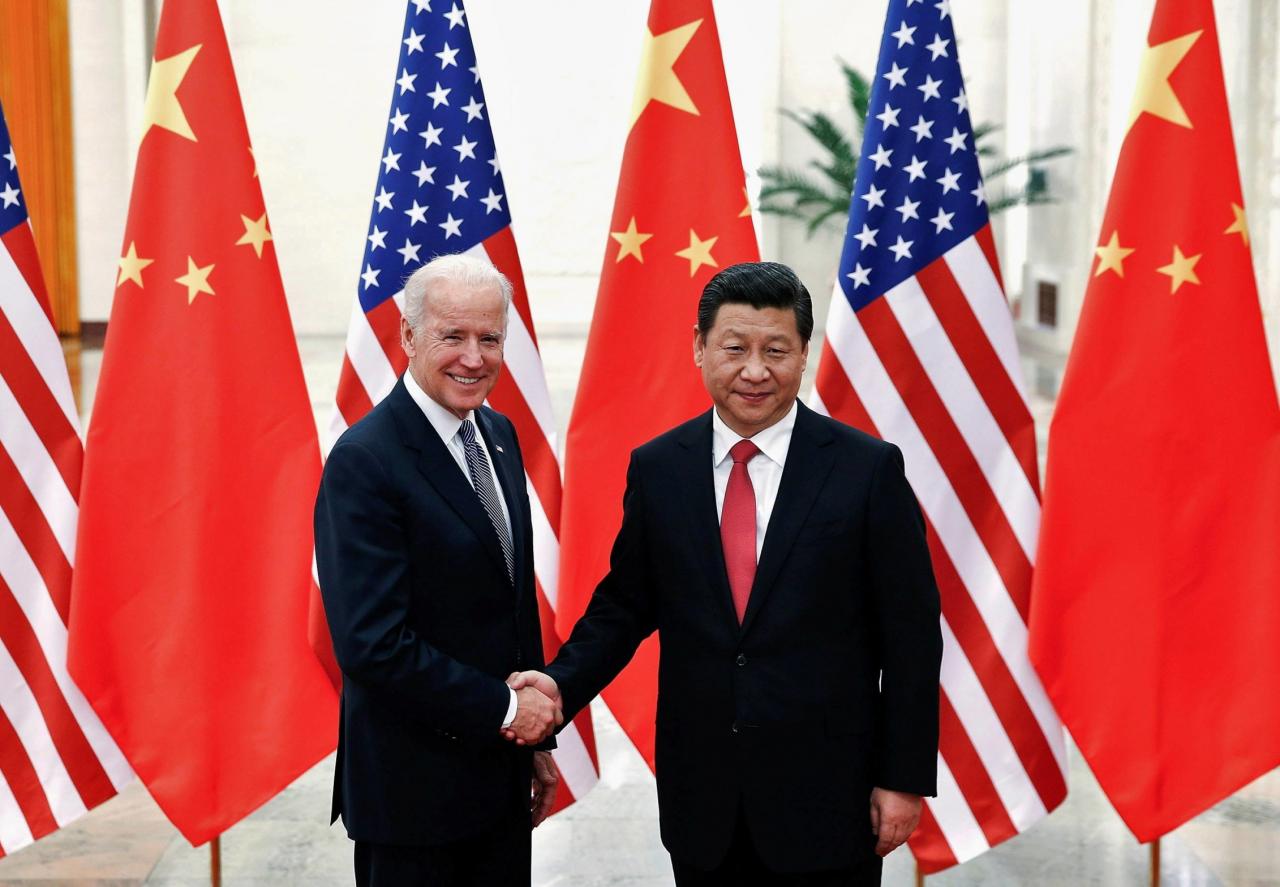
US President Joe Biden (right) and Chinese President Xi Jinping at a meeting ahead of the G20 Summit in Bali, Indonesia, November 14, 2022. Photo: Internet.
The San Francisco summit is the first face-to-face meeting between the two US and Chinese leaders this year. The event is expected not only to stabilize the relationship between the two countries but also to help build a peaceful and prosperous world.
The US-China summit is expected to take place on the sidelines of the 30th Asia-Pacific Economic Cooperation (APEC) Forum in San Francisco, USA. This will also be the first meeting of the two leaders after 1 year, since the meeting on the sidelines of the G20 Summit in Bali, Indonesia. In the context of US-China relations going through the most difficult period in recent decades, the meeting in San Francisco is expected to help the two countries cool down tensions, stabilize relations, and build a new approach to responsibly manage the most important bilateral relationship in the world today.
Exactly one year after the first meeting between President Joe Biden and President Xi Jinping in Bali (Indonesia), US-China relations continue to be tense in almost every area. In terms of economy, President Joe Biden's administration has stepped up the imposition of high-tech export restrictions, especially semiconductor chips, and has built a stricter control mechanism for investment flows from US companies to China. In response, China has also imposed restrictions on some US companies and enforced export controls on some important materials in the technology sector.
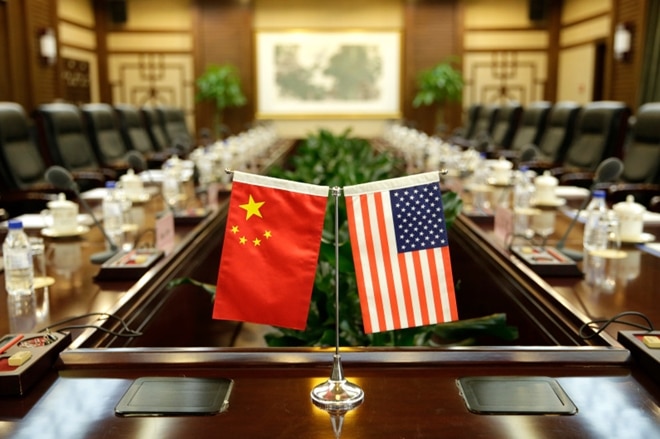
China and the United States stabilize relations and build the most important bilateral relationship in the world today. Illustrative photo, source: Internet.
In terms of politics and diplomacy, the balloon incident earlier this year caused high-level contacts between the two countries to freeze for a long time. Next, disputes over the Russia-Ukraine conflict, the security environment in East Asia, and competition for influence in the South Pacific continued to push US-China relations into a spiral of crisis, gradually drifting towards confrontation. However, officials from both countries quickly recognized the dangers of this trend and promoted some efforts to cool down tensions. Since the summer, a series of high-ranking US officials, such as Secretary of State Antony Blinken, Secretary of the Treasury Janet Yellen, and Secretary of Commerce Gina Raimondo, have visited China, and in October, Chinese Foreign Minister Wang Yi also visited the US.
The intense diplomatic activities of the past few months are showing results as the US and China have recently sent signals that the two countries still have room for cooperation. Right before the meeting between President Joe Biden and President Xi Jinping, US Treasury Secretary Janet Yellen and Chinese Vice Premier He Lifeng discussed and came up with a common understanding on economic and financial issues. According to this understanding, the US and China agreed to maintain communication, committed to working together to respond to global issues such as climate change, debt of developing countries, and shared the goal of building a fair business environment for businesses of both countries.
Previously, the US and China also resumed all direct commercial flights between the two countries, at the same scale as before the Covid-19 pandemic in early 2020. In addition, at the first Artificial Intelligence (AI) Security Summit, held on November 8 in the UK, China also participated in and supported the Bletchley Declaration on AI safety proposed by Western countries. According to Ms. Fu Ying, former Deputy Foreign Minister of China, all of the above moves show that the meeting between President Joe Biden and President Xi Jinping will be the next step in stabilizing US-China relations./.


![[Photo] Prime Minister Pham Minh Chinh chaired a meeting to evaluate the operation of the two-level local government model.](https://vphoto.vietnam.vn/thumb/1200x675/vietnam/resource/IMAGE/2025/10/29/1761751710674_dsc-7999-jpg.webp)
![[Photo] Prime Minister Pham Minh Chinh chaired a meeting to discuss solutions to overcome the consequences of floods in the central provinces.](https://vphoto.vietnam.vn/thumb/1200x675/vietnam/resource/IMAGE/2025/10/29/1761716305524_dsc-7735-jpg.webp)

![[Photo] Hue: Inside the kitchen that donates thousands of meals a day to people in flooded areas](https://vphoto.vietnam.vn/thumb/1200x675/vietnam/resource/IMAGE/2025/10/29/1761738508516_bepcomhue-jpg.webp)


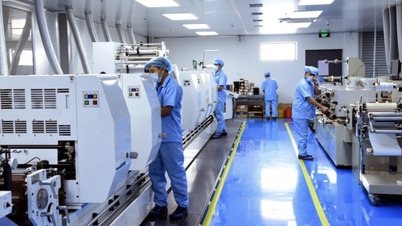

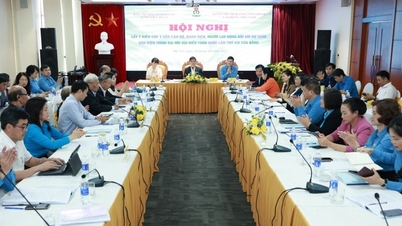
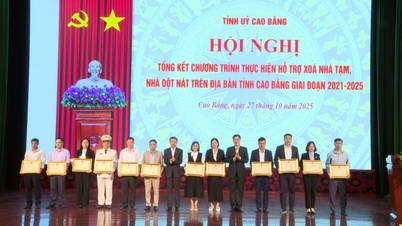
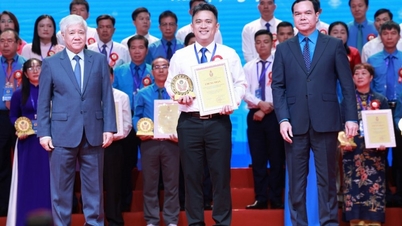
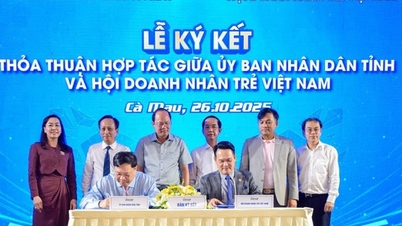







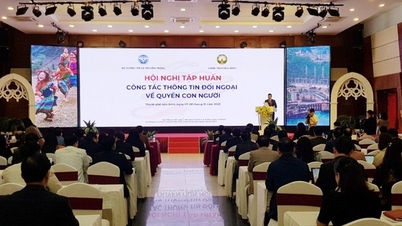
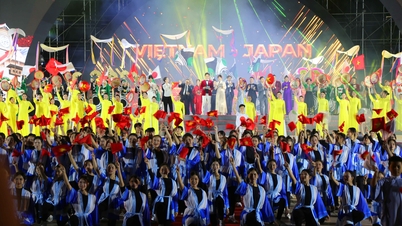

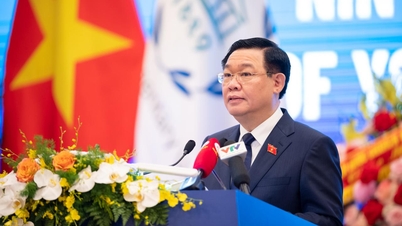




































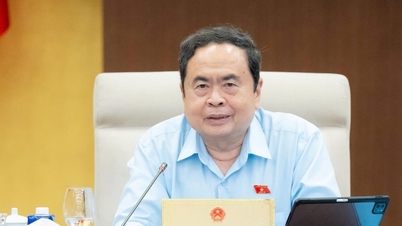

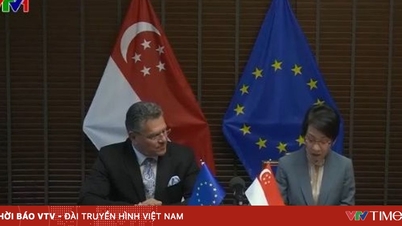
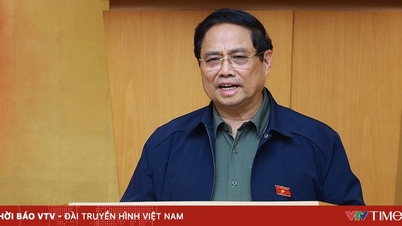
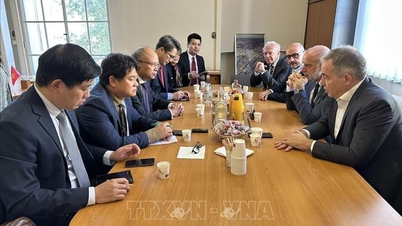

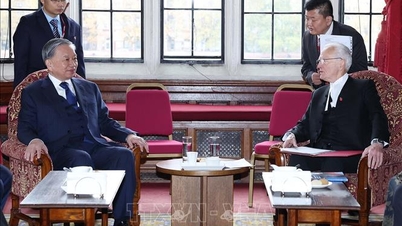
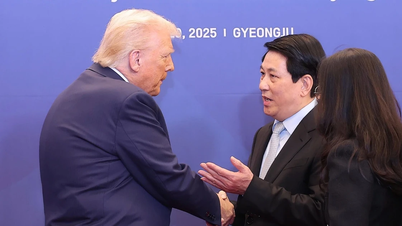



![[Live] Concert Ha Long 2025: "Heritage Spirit - Brightening the Future"](https://vphoto.vietnam.vn/thumb/402x226/vietnam/resource/IMAGE/2025/10/29/1761743605124_g-anh-sang-am-thanh-hoanh-trang-cua-chuong-trinh-mang-den-trai-nghiem-dang-nho-cho-du-khach-22450328-17617424836781829598445-93-0-733-1024-crop-1761742492749383512980.jpeg)



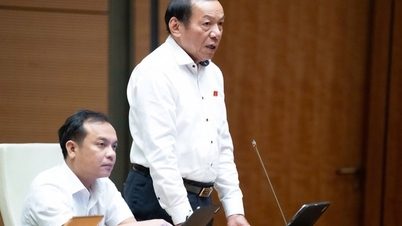






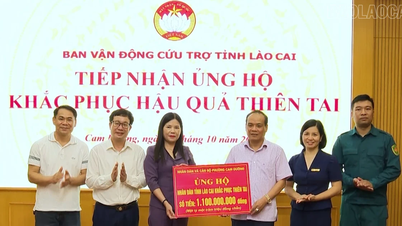



















Comment (0)